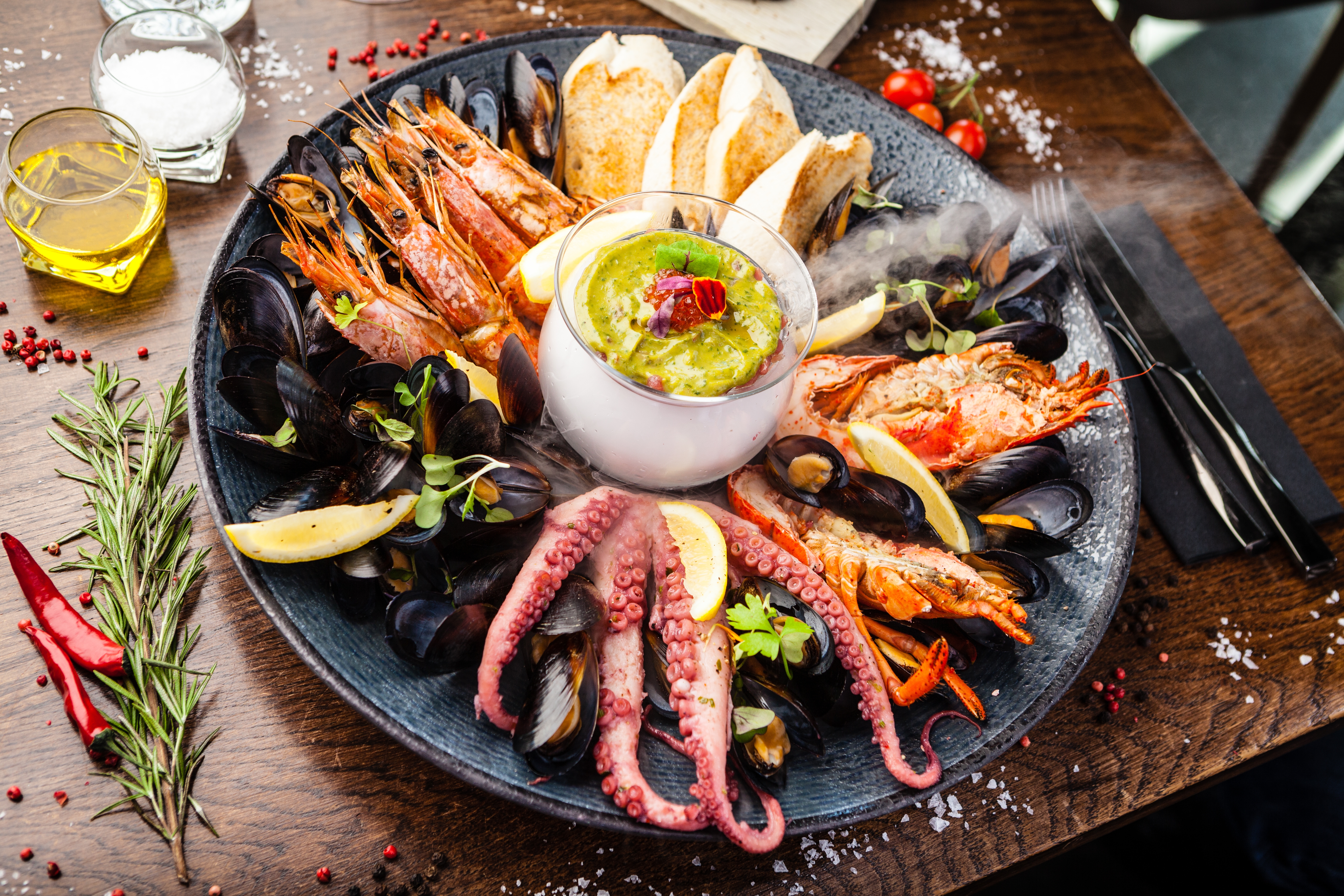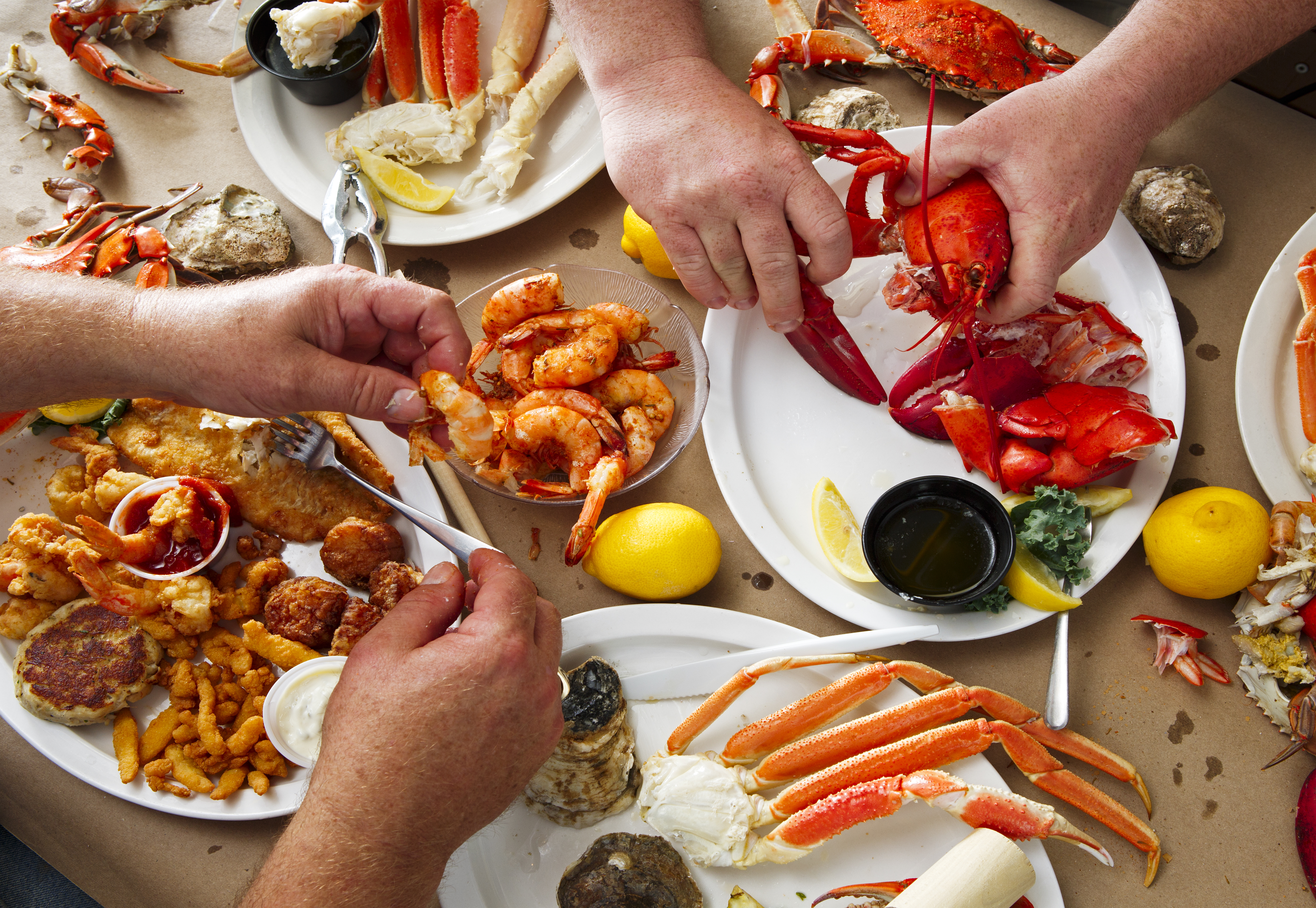There are so many things in the world that we may admire or even get inspired by, but there’s one main thing we may want to fall in love with before we start noticing the beauty of other things. It’s our own reflection in the mirror. Among all the numerous recipes for conjuring up self-love within ourselves, psychologists advise us to never compare ourselves to others and stop caring about other people’s opinions. Actress and producer Lena Dunham knows a lot about cultivating love for her own body despite all the criticism she faced, and she happily shares her journey with us all.
Lena Dunham doesn’t accept the term “body positivity,” and here’s why.



Actress and writer Lena Dunham has recently added another string to her bow and collaborated with the brand 11 Honoré to create a plus-size clothing collection. But the very term “plus size” frustrates Lena, and so is the term “body positivity.” In one of her Instagram posts, she explains that she feels more “body tolerant” than “body positive.”
In her interview, Dunham said, “The thing that’s complicated about the body-positive movement is it can be for the privileged few who have a body that looks the way people want to feel positive. We want curvy bodies that look like Kim Kardashian has been up-sized slightly. We want big beautiful butts and big beautiful breasts and no cellulite and faces that look like you could smack them onto thin women.”
Dunham has a very special relationship with her own body.



Dunhams path to self-love started with a decade-long journey with endometriosis. Since she started her own fight against it, she has been candidly sharing how it influenced both her emotional health and her relationship with her own body image. In her Instagram post, she emotionally described how she fluctuated between loving her body and the opposite.
She wrote, “Ya know when you’re home alone, and you realize you’d be happier in a hot lil’ onesie than your ketchup and cat food stained pajamas? And it’s not about a boy or a photo shoot or a weight loss before-and-after, it’s just for the feeling of glee you get from dressing your one and only corporeal form in pleasing fabrics, the unique pleasure of admiring the twists and turns of the body that loves the heck out of you even when you don’t love it.”
Dunham is powerfully addressing all people who come to her page with criticism.



In 2021, Dunham tied the knot with musician Luis Felber. It was such a darling event for her that she wore 3 wedding dresses to marry her love and shared the photos on her Instagram. However, she started getting some “gnarly” comments in her feed from people who commented on her body and appearance. The actress didn’t hesitate for a minute to address them with a powerful message.
She wrote, “One narrative I take issue with, largely because it’s a story I don’t want other women, other people, to get lodged in their heads, is that I should somehow be criticized because my body has changed since I was last on television. […] But lastly, when will we learn to stop equating thinness with health/happiness?”
Dunham’s powerful message can be echoed in the hearts of many.


For all people who have ever hesitated about embracing their body image, Dunham has some simple yet wise advice. She says, “Of course weight loss can be the result of positive change in habits, but guess what? So can weight gain. The pics I’m being compared to are from when I was with an undiagnosed illness. In the last 4 years, I’ve begun my life as someone who aspires toward health and not just achievement.
These changes have allowed me to be the kind of sister/friend/daughter that I want to be and yes — meet my husband (who, by the way, doesn’t recognize me in those old photos because he sees how dimmed my light was). I say this for any other person whose appearance has been changed with time, illness, or circumstance — it’s okay to live in your present body without treating it as transitional. I am, and I’m really enjoying it. Love you all.”
Do you find Lena Dunham’s example inspiring? What do you love the most about your appearance?
Preview photo credit Steve Granitz / WireImage / Getty Images, lenadunham / Instagram
Woman Insists Her Son Leaves His Pregnant Wife at Home for Her Birthday, but He Responds, ‘My Wife Comes First’

Woman Insists Her Son Leaves His Pregnant Wife at Home for Her Birthday, but He Responds, ‘My Wife Comes First’
A man felt he had to take his wife’s side regarding a family dispute. However, his mother became angry at him for doing so, so he turned to the internet to find out if he was right.

Pregnant woman holding her lower back | Source: Shutterstock
A man took to Reddit for advice regarding his pregnant wife and his mother’s birthday. He explained that it was his mother’s birthday at the same time that his seven-month-pregnant wife was feeling uncomfortable and particularly sensitive.
The man offered to take his mother to dinner for her birthday, and she picked a place that was a 40-minute drive away. The man told his mother he didn’t want to travel that far as his wife was uncomfortable traveling long distances in a car.

Pregnant woman holding her stomach in a car | Source: Shutterstock
He also explained to his mother that his wife could eat little on the menu because it was a seafood restaurant, and his wife couldn’t eat shellfish. He then asked his mother if she would choose a nearby restaurant.
The man’s mother refused, saying the only good seafood restaurants were farther away. The man then suggested that his mother choose a different cuisine, noting that they had Mexican and Hibachi near them, which he knew his mother loved.

A seafood platter | Source: Shutterstock
The man’s mother became angry and told him his wife could stay home while they went to dinner. She found it startling that a grown woman couldn’t stay home alone for a few hours while her husband went to dinner.
After telling his mother that his wife wouldn’t be pregnant forever and asking her to work with them, his mother told him to forget about it and yelled that her birthday was not about his wife. The man responded, “My wife comes first.”

Frustrated man on the phone | Source: Shutterstock
The man also accused his mother of being selfish and childish, so she hung up the phone. This led to the man’s family telling him he was wrong and his wife crying because the whole family was upset with her for ruining her mother-in-law’s birthday.
The man asked netizens whether or not he was justified in standing up for his wife and asking his mom to change her birthday plans. He received many mixed responses from fellow Reddit users.

Angry older woman on the phone | Source: Shutterstock
One user told the man he was justified in his reaction, and they were glad he was standing up for his wife. They then asked if his mother often acted this way toward his wife, to which he responded in the affirmative. The man also said that his mother’s fiancée had taken her to the restaurant, which he found was enabling her bad behavior.
Another netizen told the man he was wrong for making it seem like the situation was his wife’s fault and said they would not have stopped their husband from going somewhere they didn’t want to go when they were pregnant. The person also noted that their husband wouldn’t have blamed it on them if he didn’t want to go somewhere.

A pregnant woman crying | Source: Shutterstock
One opinion was that the man should have told his mother he was sorry he would miss the event and let his mother feel however she felt. The person suggested offering coffee and cake at home instead of going out for dinner.
Some netizens were confused by the post, wondering why the man’s wife factored into his mother’s birthday as he didn’t say they were both treating his mother to a birthday dinner. They asked whether or not his wife didn’t want him to go anywhere while she was pregnant.

A couple eating dinner at a seafood restaurant | Source: Shutterstock
One more person said the man was wrong for inadvertently making his wife take the blame for the situation. The person clarified that they didn’t think the mother’s fiancée taking her to the restaurant was enabling but supportive.
The person also said that the man and his wife had the option of going to the restaurant and not ordering seafood, as they had often gone to seafood restaurants despite not eating seafood and had never struggled to find something on the menu that they wanted to eat.

A cup of coffee next to a slice of chocolate cake | Source: Shutterstock
The person ended their comment by saying that their judgment of the entire situation would be different if the man’s wife had a deadly allergy to seafood. The man received many other supportive comments, telling him he was right for standing up for his wife and his unborn child despite his mother’s adverse reaction.



Leave a Reply